
Suriname Places to Visit
Top Cities and Destinations in Suriname
Discover extraordinary cities and picturesque locations that will captivate you with their rich culture, fascinating history, and stunning beauty.

Paramaribo
Paramaribo
Surinamese Rainforest
Sipaliwini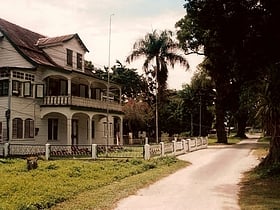
Nieuw Amsterdam
Commewijne
Nieuw Nickerie
NickerieNestled on the northeastern coast of South America, Suriname is a small yet vibrant country with a rich tapestry of cultures, biodiversity, and history. Known for its pristine rainforests, diverse ethnic mix, and Dutch colonial architecture, Suriname offers a unique experience for travelers seeking adventure and cultural enrichment.
Paramaribo, the capital city of Suriname, is the heart of the nation and an embodiment of its colonial past and multicultural present. The city is famed for its historical center, which has been designated a UNESCO World Heritage Site. Visitors can marvel at the well-preserved Dutch colonial buildings, such as the iconic Saint Peter and Paul Cathedral, the largest wooden structure in the Western Hemisphere. The Waterkant, a picturesque street along the Suriname River, is lined with historic buildings and inviting eateries, perfect for a leisurely stroll or a taste of local cuisine.
Beyond the city, the Central Suriname Nature Reserve is an ecological haven that attracts nature enthusiasts from all over the world. This vast protected area, another UNESCO World Heritage Site, is home to a remarkable variety of flora and fauna, including rare species such as the jaguar, giant river otter, and the cock-of-the-rock bird. Eco-tourism is a growing industry in Suriname, with numerous opportunities for guided tours, wildlife spotting, and immersing oneself in the natural splendor of the Amazon rainforest.
The cultural diversity of Suriname is one of its most compelling aspects, with influences from Africa, India, China, Indonesia, and Europe. This melting pot is reflected in the nation's festivals, music, and especially its cuisine. Visitors can savor a blend of flavors in dishes such as roti, pom (a savory dish of baked chicken and root vegetables), and the spicy soup known as saoto. The multiethnic composition also means a variety of languages are spoken, with Dutch being the official language and Sranan Tongo widely used in daily conversation.
Suriname's Maroon communities, descendants of African slaves who escaped from plantations and formed their own societies, offer a unique cultural experience. Their villages, found along the riverbanks deep in the interior, maintain traditions and lifestyles that have been passed down for centuries. Engaging with these communities provides a profound insight into the resilience and cultural heritage of Suriname's people.
For those interested in the country's history, the Commewijne District, just east of Paramaribo, features former plantation complexes where one can learn about the colonial and post-emancipation era of Suriname. Fort Zeelandia, a fortress in Paramaribo, also serves as a historical museum detailing the nation's past.
Suriname's coast is home to important sea turtle nesting sites, particularly at Galibi Nature Reserve, where leatherback turtles come ashore to lay their eggs. This remarkable natural event draws visitors and researchers alike, emphasizing the country's role in global conservation efforts.
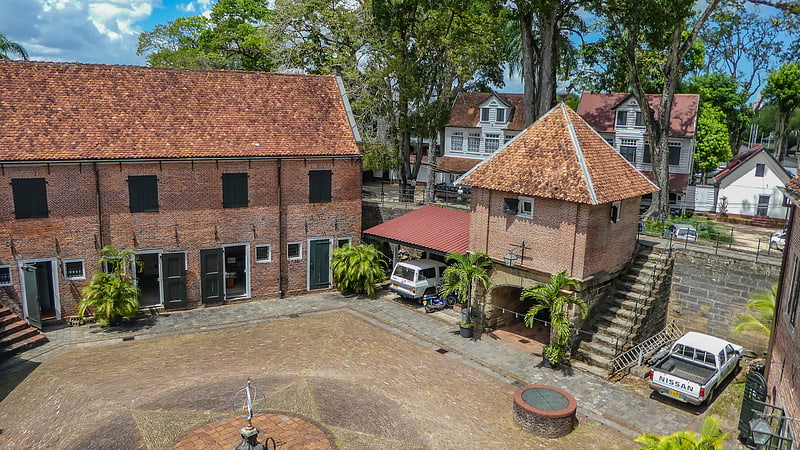
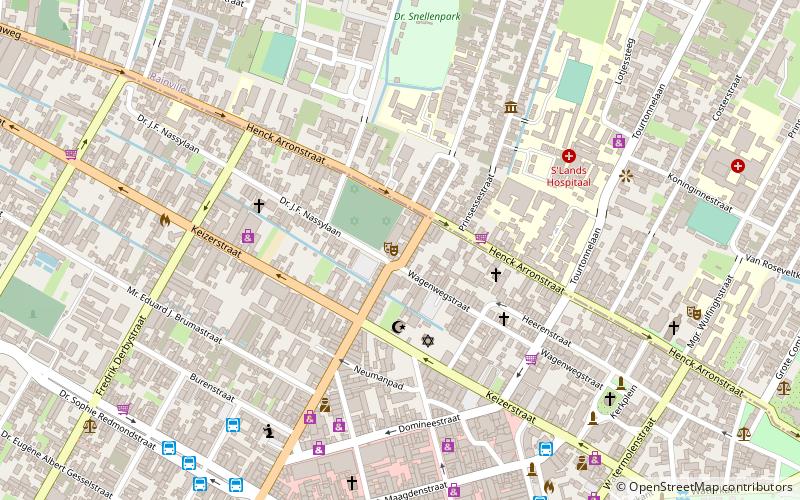
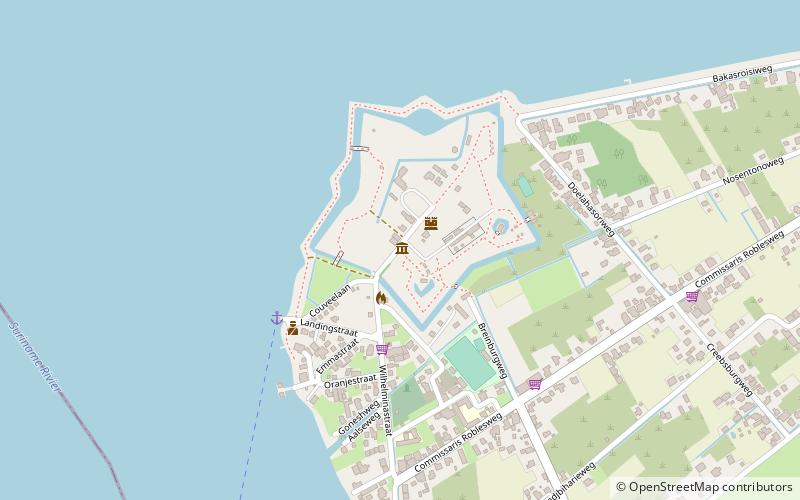

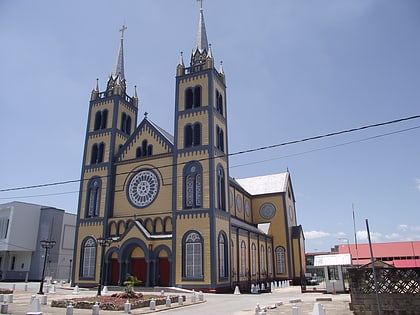
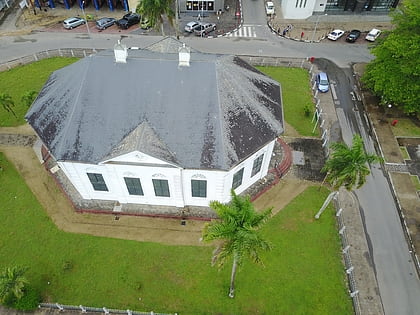
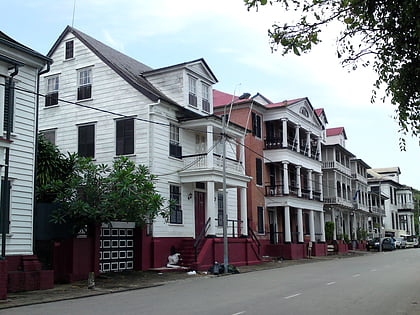
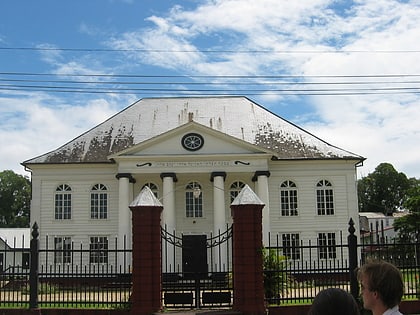
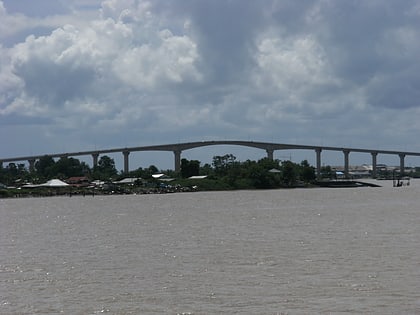
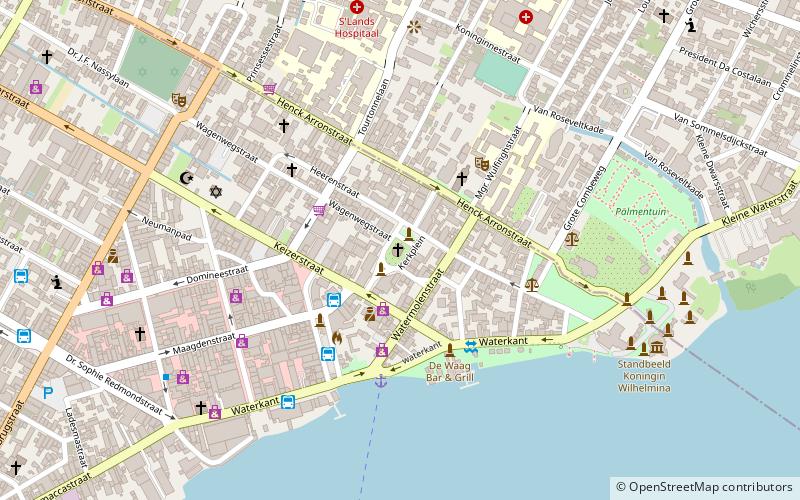
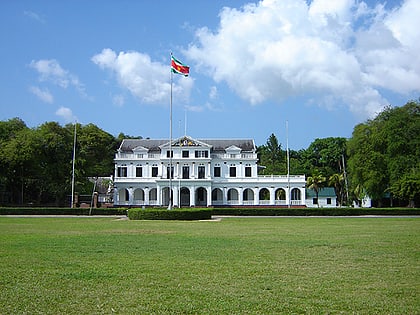
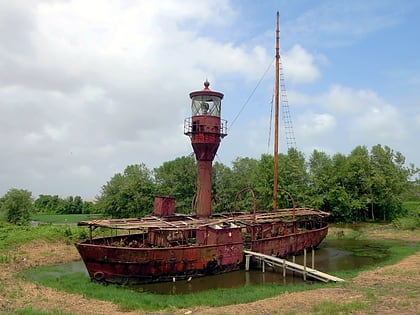
 Guyana
Guyana